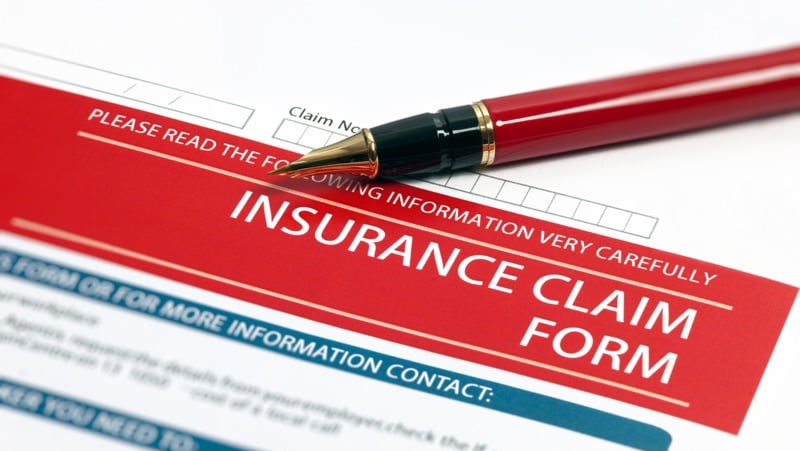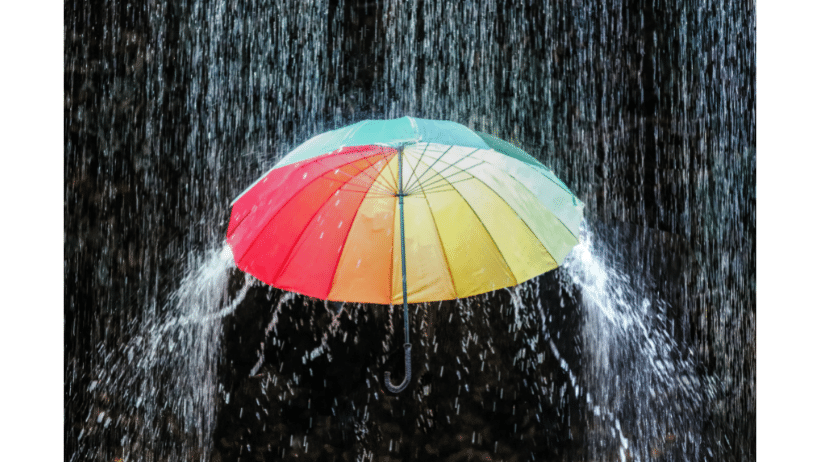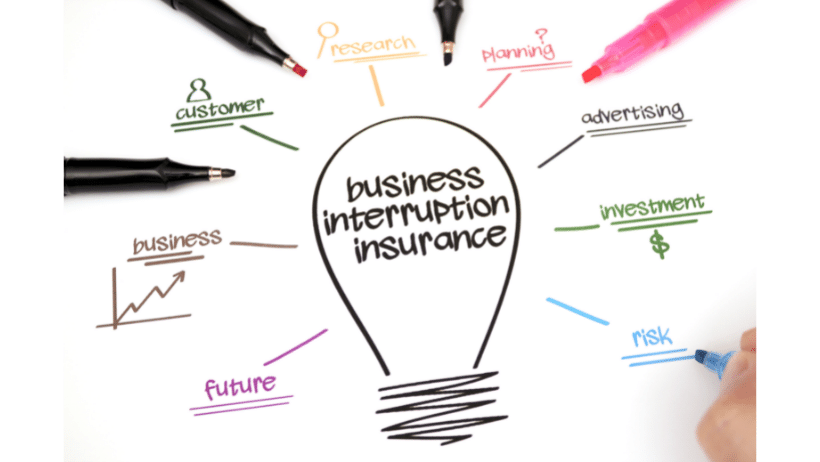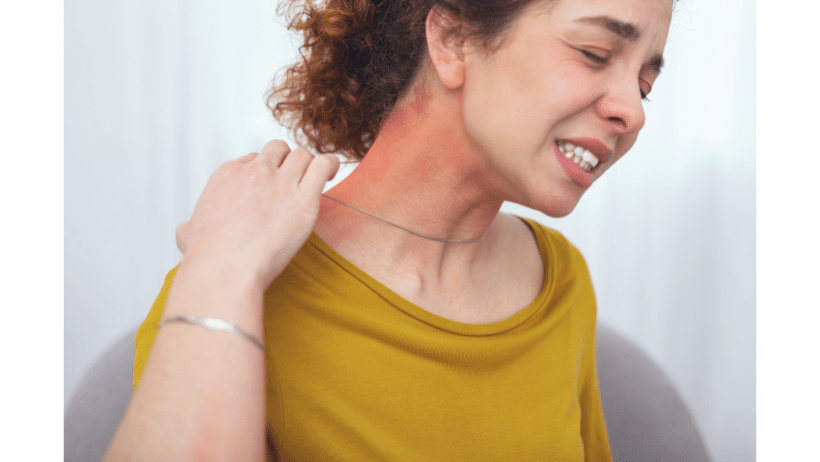 Savvy restaurant owners purchase Restaurant Insurance to help protect their business, but insurance policies and claims can be complicated. The experienced agents at American Insuring Group can help you navigate your insurance options, policies, and claims.
Savvy restaurant owners purchase Restaurant Insurance to help protect their business, but insurance policies and claims can be complicated. The experienced agents at American Insuring Group can help you navigate your insurance options, policies, and claims.
However, it’s helpful to understand and avoid the most common errors restaurant owners make when filing an insurance claim:
Not Understanding Your Policy
Your insurance policy states explicitly what “perils” it does and does not cover. It can be extremely frustrating to discover something you thought was covered isn’t when you go to make a claim (not to mention the time wasted making a claim while also trying to recover from the incident).
Therefore, you need to read and understand what your policy does and does not cover, so you can either fill the gap or have a plan in place if an uncovered event occurs. Ask your insurance agent to clarify anything you’re unsure of.
You should also know your policy’s deductible – the amount you must pay before insurance kicks in on a claim. If you decide to increase your deductible to lower your premiums, make sure you have enough available cash to cover that deductible if you need to make a claim.
Finally, it’s crucial to understand if your policy values damaged property according to an actual cash value (factors in depreciation and normal wear and tear) or the replacement value (does not factor in depreciation and normal wear and tear). If the damaged property is valued according to actual cash value, you need to be prepared to pay the difference out of pocket.
Not Filing a Claim Promptly
If someone is injured in your restaurant or your oven is damaged by fire, call your insurance company immediately. Waiting to file the claim can make the process more difficult or even lead to having the claim denied. A good rule of thumb is to file a claim within the first 48 hours of an incident, but the sooner, the better.
Not Working with Insurer
Don’t think of your insurance adjuster as the enemy. Be professional, polite, and cooperative, and promptly provide whatever documentation they request. Failure to cooperate may provide grounds to deny a claim. However, don’t be afraid to ask questions or even appeal an estimate if you have reasonable proof that the lost property is undervalued.
Not Documenting Damage and Claim
You will need proof of damage to receive a payout, so immediately record the time and date of the incident and take photos and/or videos of the damage. Also, document your communication with your insurer – keep a record of mailed correspondence and emails along with the time, date, and substance of verbal communications.
Disposing of Damaged Items
You may think photos will be enough when filing a claim, but you should also keep the damaged property as physical evidence until the claim is closed.
Admitting Fault
Never admit fault if someone is injured in your restaurant. There are too many frivolous lawsuits, and you may not honestly know the cause of an incident until it is investigated. In addition, accepting responsibility will make it difficult for your insurer to defend you if there is a lawsuit. Plus, some policies don’t allow you to assume fault without the insurer’s consent. With these policies, admitting fault can lead to a breach of contract, denial of a claim, or termination of coverage.
Paying Claims Out of Pocket
You may be tempted to pay the medical costs of someone injured in your restaurant. However, your insurance policy will not reimburse you for payments made out of pocket and could even result in a denied claim.
Want to Save on Restaurant Insurance Costs?
Work with one of the experienced independent agents at American Insuring Group. We can answer any of your questions, and – as independent agents – we compare pricing and coverage with multiple insurance companies to make sure that you pay the lowest premium for your insurance coverage!
Call us today at (800) 947-1270 or (610) 775-3848, or connect with us online.



 Insurance – including
Insurance – including 
 The right
The right 



 Certain types of
Certain types of  For many restaurants, creating an outdoor seating area became a necessity during the COVID restrictions. According to the
For many restaurants, creating an outdoor seating area became a necessity during the COVID restrictions. According to the 



